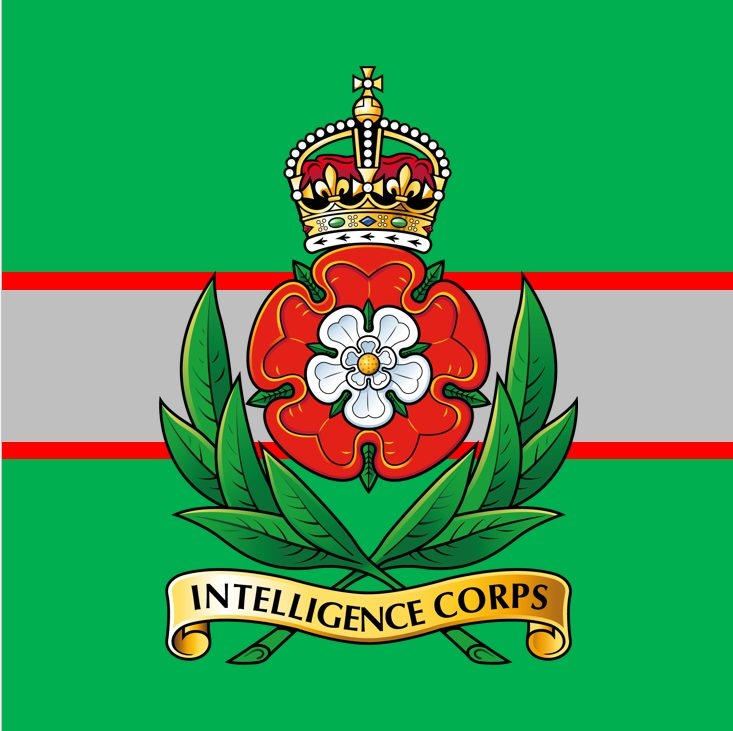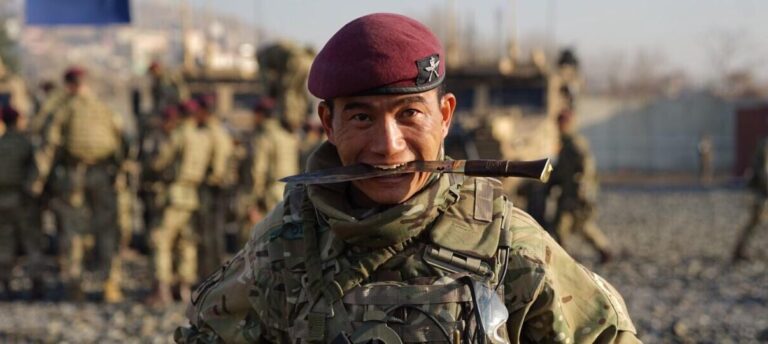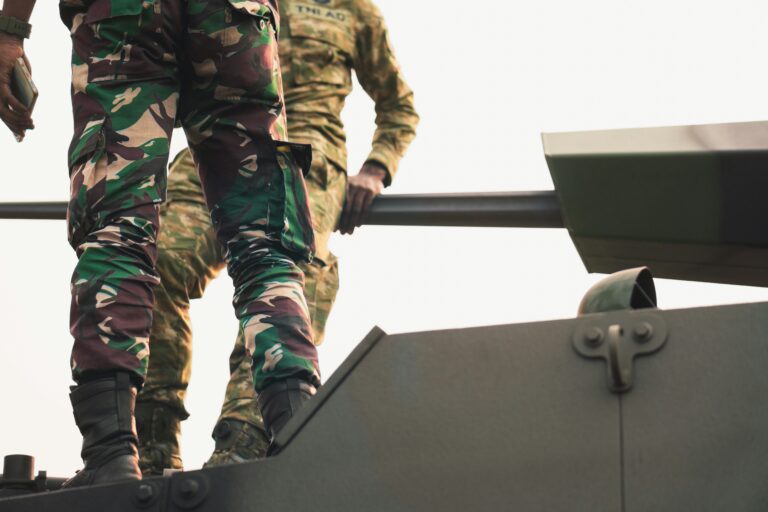Military Linguists
Introduction
In warzones and peacekeeping missions alike, the ability to understand, interpret, and communicate across languages can be as valuable as a weapon. In the British Armed Forces, this vital role is performed by Military Linguists — skilled professionals who serve on the frontlines of diplomacy, intelligence gathering, and operational success.

Whether translating intercepted communications, interrogating prisoners, or assisting Special Forces on covert missions, these specialists enable the UK military to navigate complex human terrain.
Who Are Military Linguists?
Military Linguists in the UK Armed Forces are language professionals embedded within various branches including:
- Intelligence Corps (British Army)
- Royal Air Force Intelligence
- Royal Navy Warfare Branch
- Defence Intelligence (DI)
- Special Forces Support Group (SFSG)
They are trained to interpret, translate, and analyze foreign languages in real time — supporting intelligence operations, reconnaissance, and civil-military engagement.
Key Responsibilities
| Area | Duties |
|---|---|
| Translation & Interpretation | Verbal and written translation of foreign languages in operational settings |
| Human Intelligence (HUMINT) | Interviewing, debriefing, and liaising with foreign nationals |
| Signals Intelligence (SIGINT) | Interpreting intercepted radio, phone, and digital communications |
| Cultural Mediation | Advising commanders on local customs, gestures, and diplomacy |
| Covert Operations Support | Supporting Special Forces and intelligence units in the field |
| Psychological Operations (PSYOPS) | Translating messages for influence campaigns or local outreach |
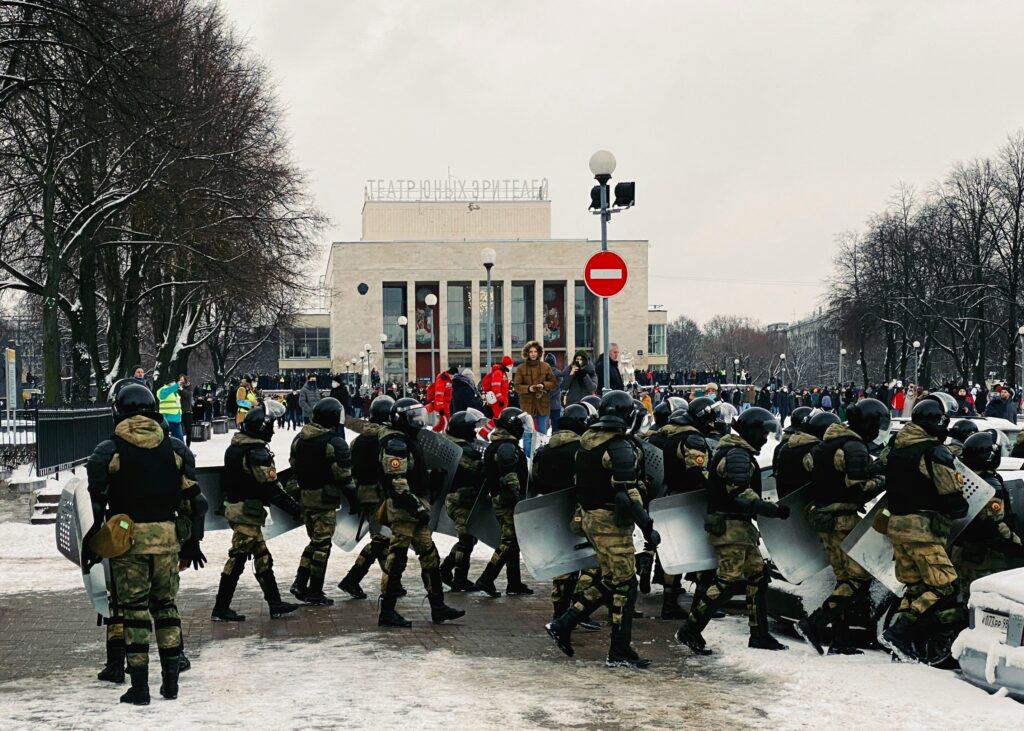
Languages in High Demand
Military linguists often specialise in strategically significant languages, such as:
- Arabic (Modern Standard, Gulf, Levantine, Egyptian)
- Pashto and Dari (Afghanistan)
- Farsi (Iran)
- Russian and Ukrainian
- Mandarin Chinese
- Somali, Swahili
- Kurdish
- Urdu and Punjabi
- Korean
- French (for West Africa ops)
- Turkish
Linguists may also be required to learn dialects and regional variants, especially when deployed with Special Forces or embedded units.
Recruitment Pathways
1. Intelligence Corps – Army
- Apply as a Linguist (Regular or Reserve)
- Must pass the Defence Aptitude Assessment and interviews
- Language skills assessed using the Defence Centre for Languages & Culture (DCLC) standard
2. RAF Intelligence or Navy Linguist
- Commissioned and non-commissioned routes
- May require university degrees or proven language aptitude
3. Civilian to Military Translator
- Join as a civilian linguist under contract (e.g., supporting MI6, GCHQ, or NATO)
4. Specialist Volunteer Reserves
- For fluent speakers of target languages (esp. Arabic, Pashto, Russian) who wish to serve part-time
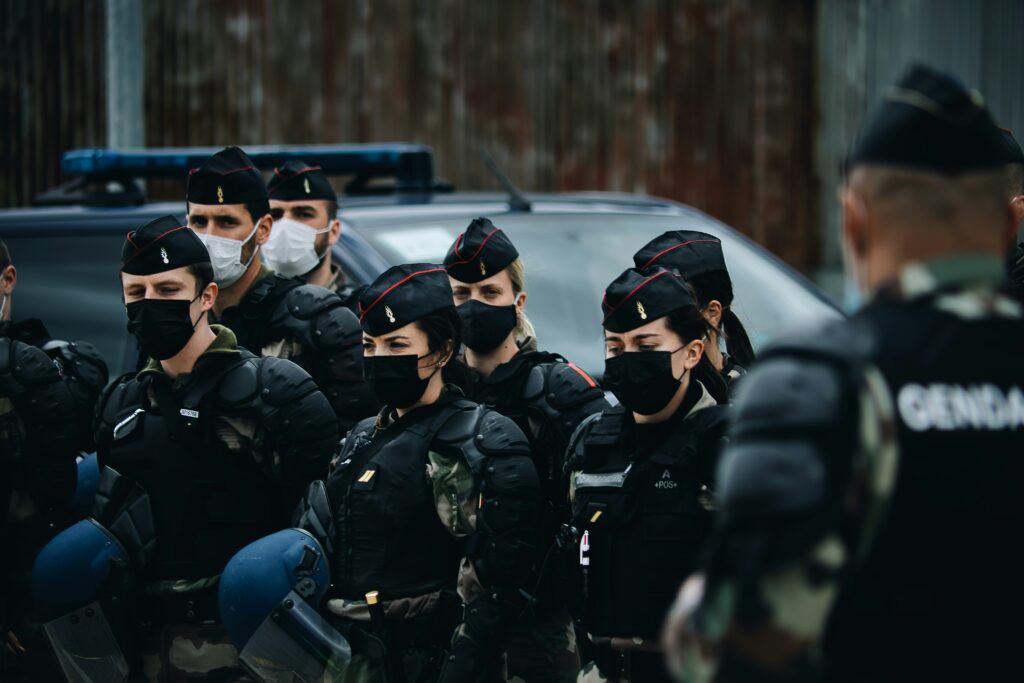
Training Pipeline
Linguists are trained at the Defence Centre for Languages and Culture (DCLC) at Beaconsfield, Buckinghamshire.
Course Coverage:
- Military terminology and technical vocab
- Listening comprehension and voice transcription
- Cultural sensitivity training
- Translation of sensitive or encrypted documents
- Live interpretation exercises
- Psychological warfare communications
- Support for interrogation teams
Courses may last 6–15 months depending on language complexity and proficiency level.
Types of Roles
| Role | Description |
|---|---|
| Combat Linguist | Deployed with infantry, SF, or intelligence teams in the field |
| Interrogation Support | Assists in interviews and debriefs of detainees or defectors |
| SIGINT Translator | Decodes and translates intercepted messages and cyber content |
| Cultural Advisor | Works alongside civil affairs units or with NATO partners |
| Operations Linguist (Reserves) | Deployed part-time or activated for specific missions abroad |
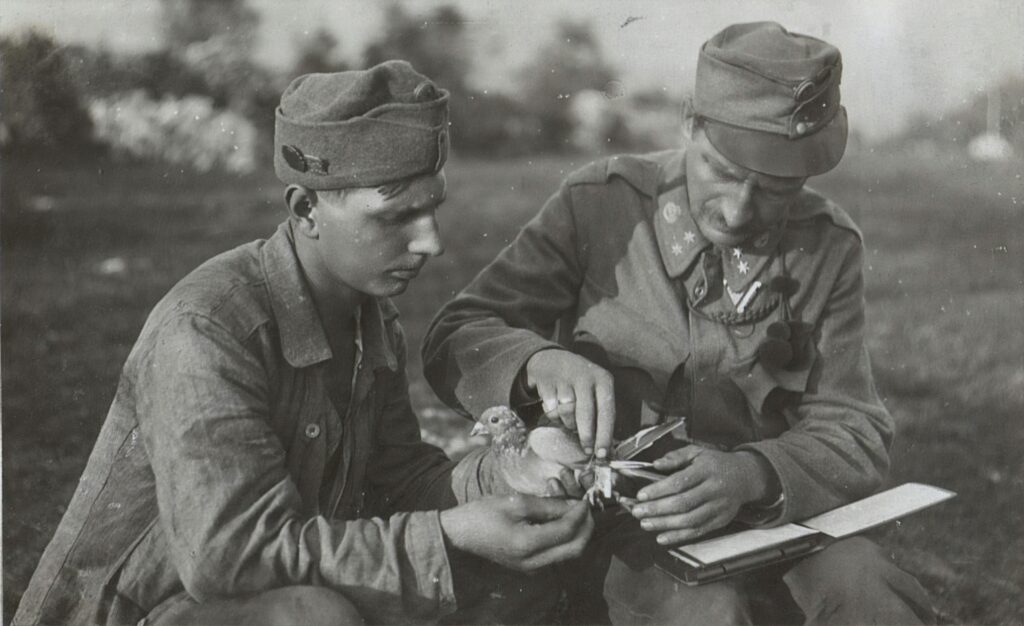
Intelligence Support
Military linguists play a critical role in national defence and intelligence, working alongside:
- MI5 and MI6 (Security Services)
- GCHQ (Signals Intelligence)
- Defence Intelligence Fusion Centre
- Joint Forces Cyber Group
They help decode foreign documents, monitor extremist communications, and uncover terrorist plots using language analysis and cultural understanding.
Career Path & Progression
| Rank | Role |
|---|---|
| Private / Trooper | Linguist in training or junior interpreter |
| Lance Corporal / Corporal | Lead linguist in operational unit |
| Sergeant / Staff Sergeant | Language trainer or analyst supervisor |
| Officer (Lt – Major) | Oversees HUMINT or SIGINT cell, language strategy |
| Senior Civil Servant (GCHQ / MoD) | Policy adviser or cryptologic linguist specialist |
Military linguists can also be fast-tracked into defence diplomacy, foreign policy, or intelligence command roles based on performance.
Pay and Perks
- Starting salary: £22,000–£28,000
- Language proficiency bonuses (especially for difficult languages)
- Operational Allowances for deployments
- Education incentives (language degrees, Master’s funding)
- Access to MoD language labs, AI translation tools, and live immersion programs
- Deployment allowances and pension
- Often eligible for Top Secret / DV (Developed Vetting) clearance
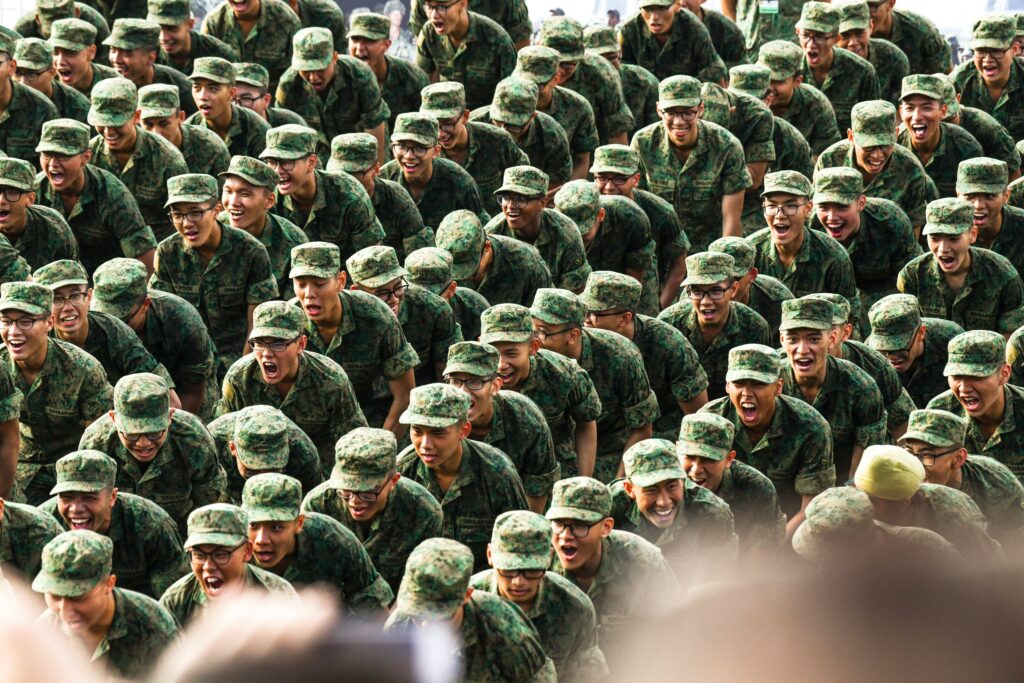
Civilian Opportunities Post-Service
Military linguists are highly sought after in:
- Foreign Office and embassies
- Intelligence services (GCHQ, MI5, MI6)
- United Nations / NATO interpreter corps
- NGOs and humanitarian missions
- BBC Monitoring / OSINT journalism
- Academic translation and teaching
- Cyber security firms / AI language processing
Real-Life Deployments and Impact
- Afghanistan – Linguists embedded with patrols to build local trust
- Iraq – Supported intelligence teams during insurgency operations
- Libya / Syria – Translated online propaganda for cyber counter-terrorism
- Ukraine conflict – Assisting NATO with Russian intercept analysis
- Somalia / West Africa – Engaged in anti-piracy and stability ops
One fluent Pashto linguist was credited with preventing an ambush by interpreting local chatter on the spot — saving an entire platoon.
Conclusion
In an age of hybrid warfare and global complexity, the battlefield is no longer just physical — it’s linguistic and cultural. Military linguists help decode the fog of war, bridge divides, and empower operational commanders with intelligence that machines can’t always provide.
Their work is quiet, often unseen, but absolutely vital to mission success. They are the voice behind diplomacy, the interpreter of threats, and the link between strategy and understanding.

